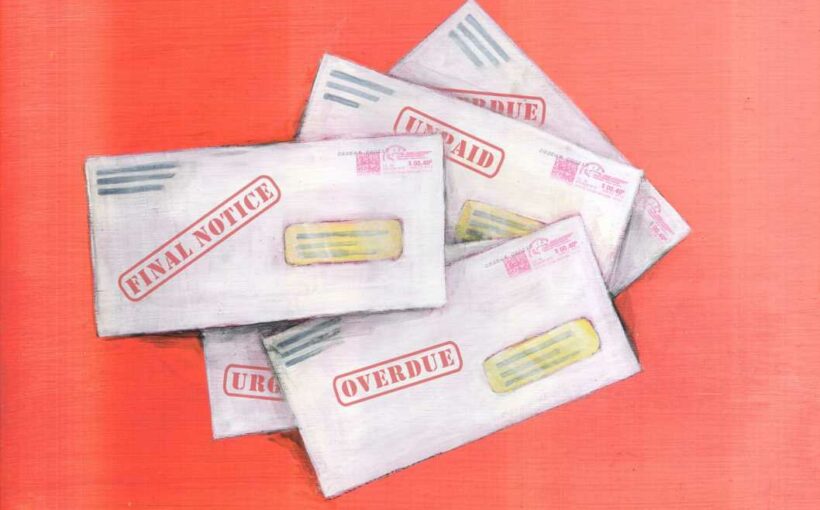The coronavirus pandemic has left millions of workers unemployed and families struggling to keep food on the table. As a result, 1 in 10 Americans are currently behind on their monthly bills, according to a survey by ACI Worldwide.
Key Takeaways
- 10% of Americans report having past-due bills during the COVID-19 pandemic, according to a new survey.
- Younger generations have been the hardest hit, with 26% of 18- to 34-year-olds reporting overdue debts.
- Most people expect to get back on track within six months, but more than a third think it will take longer.
Many Have Fallen Behind, Most Believe They Can Catch Up
The economic crisis brought on by the pandemic has been complicated, to say the least. On the one hand, tens of millions of workers filed for unemployment benefits in 2020, and food insecurity has been a major concern. On the other hand, the stock market has hit record highs, and Americans' average credit scores—one measure of individuals' financial health—are up, as well.
But your 401(k) balance and FICO score won’t do you much good if you can’t keep up with your bills. ACI Worldwide’s study found that 3 in 10 Americans have seen their incomes go down because of the pandemic.
Also as a result of the pandemic, 1 in 10 Americans reported having past-due bills. Younger generations have been the hardest hit, with 26% of 18- to 34-year-olds saying they're behind on at least one bill.
Among those who have fallen behind, 65% expect to be able to get current on their accounts within six months, but 35% think it’ll take longer than that.
Fifteen percent of Americans who have experienced missed payments have contacted their creditors to request a deferral or other payment arrangement.
Late payments are among the worst items that can show up on your credit report, because your payment history is the single most important factor in calculating your credit score.
Article Sources
- ACI Worldwide. “ACI Speedpay Pulse Study Finds 35 Percent of Consumers Who Have Missed Bill Payments
During COVID-19 Do Not Expect to Catch Up for at Least Six Months.” Accessed Jan. 23, 2021.
Source: Read Full Article
